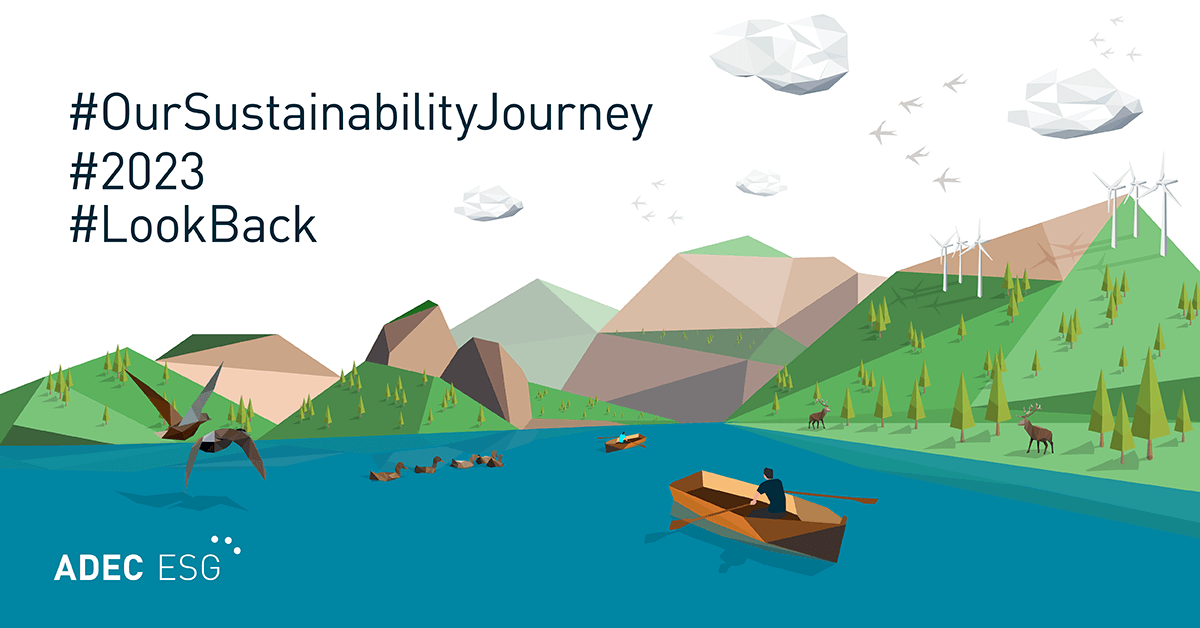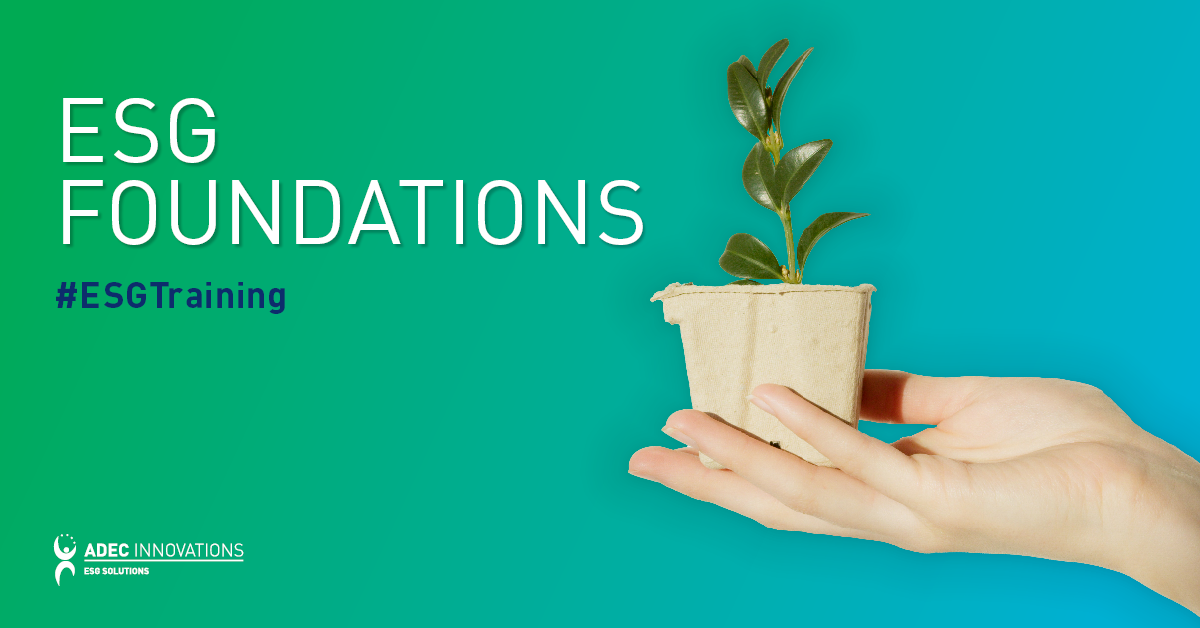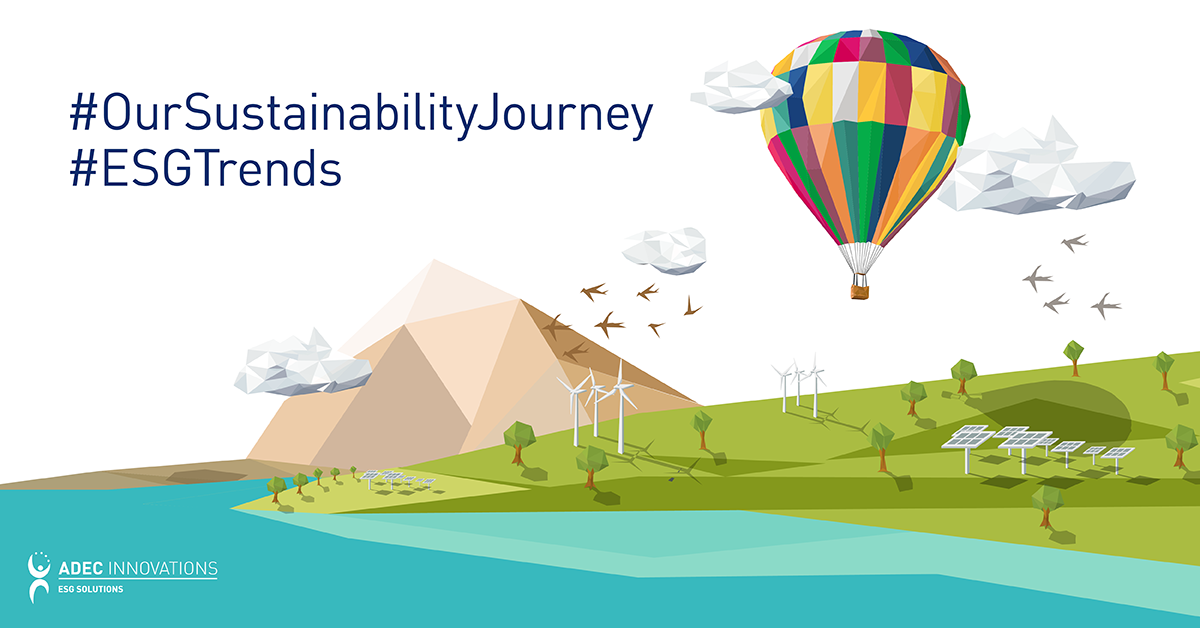 2014 was an eventful year for sustainable development and climate change mitigation efforts. As the impact of the changing climate became more indisputable, initiatives for sustainable development continued to promote dialogue among private sector, government and non-governmental organizations (NGOs) around the globe. Sustainable development initiatives gained traction worldwide in 2014; some highlights included: the UN Secretary-General Ban Ki-Moon organizing the UN Climate Summit held during Climate Week NYC; the EU announcing the reduction by at least 40% of its carbon emissions by 2030; and China and the United States’ climate agreement at the COP20 in Lima, Peru.
2014 was an eventful year for sustainable development and climate change mitigation efforts. As the impact of the changing climate became more indisputable, initiatives for sustainable development continued to promote dialogue among private sector, government and non-governmental organizations (NGOs) around the globe. Sustainable development initiatives gained traction worldwide in 2014; some highlights included: the UN Secretary-General Ban Ki-Moon organizing the UN Climate Summit held during Climate Week NYC; the EU announcing the reduction by at least 40% of its carbon emissions by 2030; and China and the United States’ climate agreement at the COP20 in Lima, Peru.
With a number of new policies set to take effect this 2015, business leaders need to prepare to take on this year’s sustainability challenges. Last year’s successes and failures in sustainability provide an opportunity to do so. A GreenBiz article identified five lessons that businesses can learn from 2014:
1. We live in a volatile, uncertain, complex and ambiguous (VUCA) world
Trust in companies fell considerably during the final months of 2014, as exhibited in a GlobeScan Radar poll across more than 20 countries. This lack of trust is unfavorable for organizations that aim to advance their sustainability agenda among stakeholders, and companies need to rethink their corporate strategies in order to regain consumers’ trust in supporting their sustainability initiatives this year.
2. Consumers are getting more concerned
The concern that some consumers are increasingly experiencing may be attributed to the growing number of societal and environmental issues around the world and the lack of consensus on how best to tackle them. Consequently, consumers’ beliefs on sustainability issues influence the way they choose brands, which is why consumers are more likely to support companies that exercise good Environmental, Social and Governance (ESG) practices.
3. Companies need internal alignment
A lack of internal alignment regarding sustainability can be a large obstacle in achieving corporate citizenship and can result in future problems by deterring businesses in their effort to become more sustainable and bring in more stakeholders.
4. Aspiration equals opportunity
 There has been a great deal of concurrence between consumers’ sustainability values and their corresponding material desires. In a 2014 survey, 38 percent of consumers surveyed across 22 countries identified themselves as “aspirationals.” Aspirationals define themselves through the brands they use while believing that they have a responsibility to purchase products that are good for the environment and society. In order to be successful in its sustainability endeavors, an organization’s business strategy needs to engage the aspirational market to drive sustainable behavioral change and reinvigorate their consumer’s brand loyalty.
There has been a great deal of concurrence between consumers’ sustainability values and their corresponding material desires. In a 2014 survey, 38 percent of consumers surveyed across 22 countries identified themselves as “aspirationals.” Aspirationals define themselves through the brands they use while believing that they have a responsibility to purchase products that are good for the environment and society. In order to be successful in its sustainability endeavors, an organization’s business strategy needs to engage the aspirational market to drive sustainable behavioral change and reinvigorate their consumer’s brand loyalty.
5. On to corporate purpose
With businesses doing their part with sustainability initiatives, companies have to work harder and be more personal in their efforts. They need to set themselves apart from the pack in order to be more visible in the corporate sustainability realm.
FirstCarbon Solutions (FCS), an experienced sustainability and climate change consulting company, gives you expert advice on how to implement sustainability solutions, and consults with you on best practice examples for incorporating climate mitigation strategies into your corporate agenda. Read more about sustainability initiatives in this FirstCarbon Solutions Blog post.





